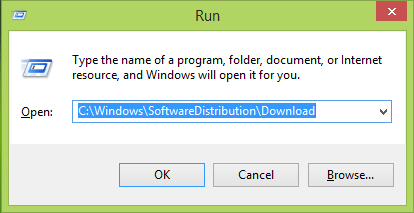


This allows you to use other symbolic variables as part of the value specification, for example "INSTALLDIR=\".

Note: If value contains spaces or special characters such as '', you should quote the entire option as in " var= value". If a variable doesn't exist in the installation script, it is automatically created. Specifies zero or more var= value pairs that allow you to set the value of symbolic variables from the command line.Īny values set on the command line override the values of the corresponding variables from the installation script. Options are processed from left to right, so if you specify conflicting options, the rightmost one "wins". Therefore, -q, /q, and /Q all have the same effect. Options may start with / or - and are not case-sensitive. Specifies zero or more installation options.

Therefore, -install, /install, and /INSTALL all have the same effect. Run modes may start with / or - and are not case-sensitive. If you do not specify a run mode, Setup will run according to the rules set out under Run mode options, below. The /help option opens the online help page in the user's web browser, then exits. The /? option shows a brief option summary in a popup window, then exits. In actual usage, this may be Setup.exe or any other name that you assigned to the Single Exe distribution package on the Build page. Specifies the Setup program's file name or fully qualified path. Parts between are optional ellipsis "." indicate parts that may be repeated. InstallMate's Setup.exe program (including all self-extracting executables built with InstallMate) uses the following command line syntax. However, InstallMate also recognizes a number of command line options that modify its default behavior. Most of InstallMate's behavior is determined by the contents of your project, which are stored in the installation database that is included in the distribution package.


 0 kommentar(er)
0 kommentar(er)
